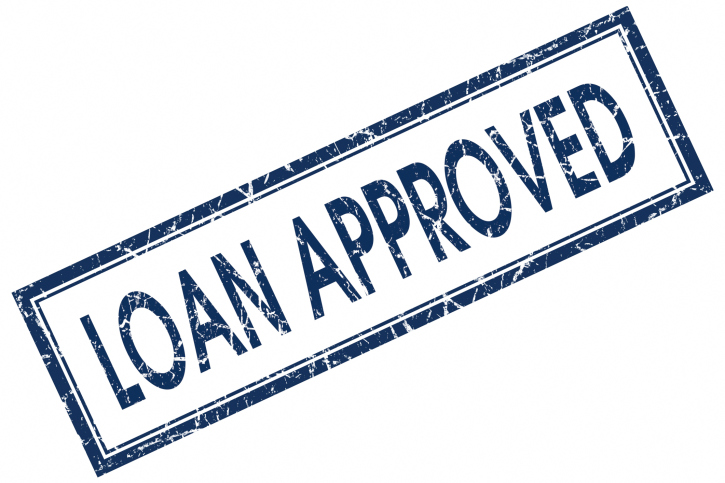3 Easy Ways to Put Aside a Bit of Extra Cash So You Can Pay off Your Mortgage Faster
 If your personal budget is similar to many other people’s budgets, your home mortgage payment is by far the largest expense that you pay for each month. In fact, this payment may easily account for 20 or 25 percent or more of your take-home income.
If your personal budget is similar to many other people’s budgets, your home mortgage payment is by far the largest expense that you pay for each month. In fact, this payment may easily account for 20 or 25 percent or more of your take-home income.
Understandably, you may be focused on trying to pay this expense off early. By focusing on this payment, you can build equity and may be able to achieve financial security more quickly. You simply have to find a way to put aside a bit of extra cash regularly so that you can make extra payments, and there are few easy ways that you can consider.
Use Your Tax Refund
First, if you are one of the many taxpayers who receives a refund each year, consider setting aside some or all of this refund to reduce your outstanding mortgage balance.
Some taxpayers may have such a sizable refund that it can account for two or more mortgage payments each year. However, even a few hundred dollars extra put toward your principal balance will save you a considerable amount of money in interest charges over time and will have a wonderful effect on your balance.
Earmark Your Annual Bonus
If you are lucky enough to receive an annual bonus each year, you may consider using this to pay down your principal balance. While you may usually spend this money on extra holiday gifts or just add it to your spending cash, you can benefit more substantially when you contribute it to your effort to pay down your mortgage.
Use An Automated Draft To Create a Fund
Another great idea that will work well for all individuals is to create an automated draft from your checking account each month. You may set aside the funds in a special account, and you can make an extra mortgage payment from this account periodically. Another idea is to set up auto payments for your mortgage that are higher than the amount due. For example, you may establish auto payments that are $50 or $100 more than your scheduled payments.
Paying off your mortgage earlier can be a life changing event for you. Simply imagine how different your life would be if you were not responsible for this payment each month. The fact is that this could be your reality sooner than you think if you follow these tips. For the best results, apply two or even all three tips to your efforts.

 One of the most significant factors a mortgage lender will review when you apply for a new mortgage loan is your credit history and rating. While some people have stellar credit, others have a troubled credit history with lower scores.
One of the most significant factors a mortgage lender will review when you apply for a new mortgage loan is your credit history and rating. While some people have stellar credit, others have a troubled credit history with lower scores. If you are thinking about buying a new home in the near future, you may already be searching online to get a feel for the different types of homes available in the local area. You may have reviewed your budget, and you may have a fair idea about a sales price that is comfortable for you to afford.
If you are thinking about buying a new home in the near future, you may already be searching online to get a feel for the different types of homes available in the local area. You may have reviewed your budget, and you may have a fair idea about a sales price that is comfortable for you to afford.